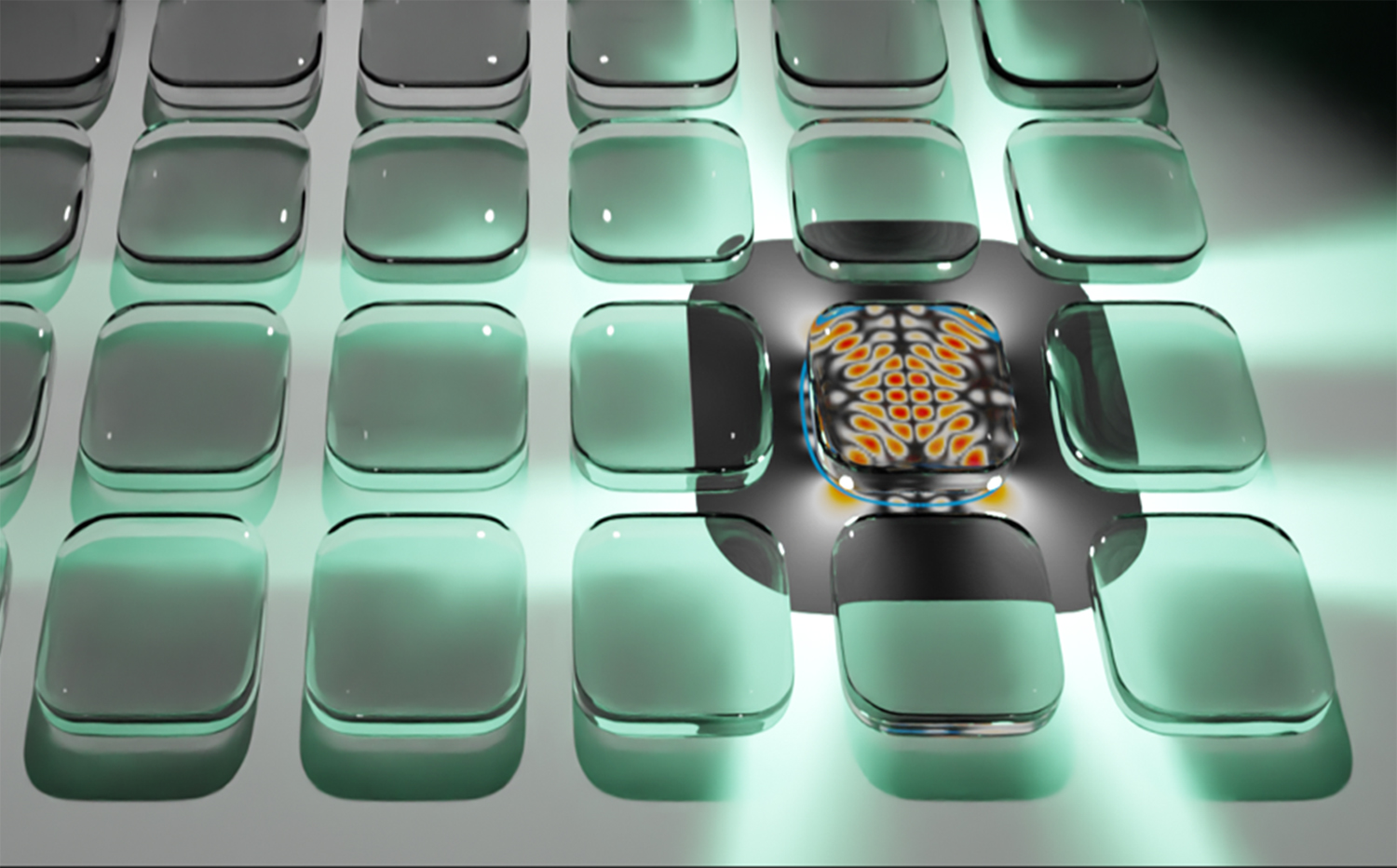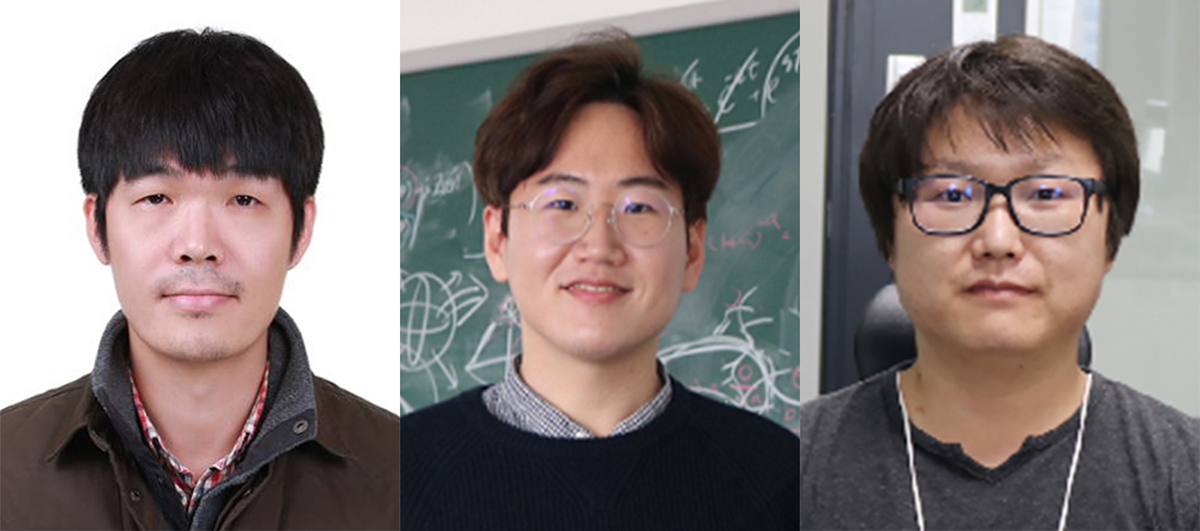Touching Tomorrow atPukyong National University
NEW BEGINNING, NEW INSPIRATION
Pukyong Today List
| A notable achievement of joint research by PKNU, Hanyang university, and the IBS | |||
| WRITER | 대외협력과 | WRITE DAY | 2023-05-25 |
| COUNT | 251 | ||
| A notable achievement of joint research by PKNU, Hanyang university, and the IBS | |||||
 |
대외협력과 |  |
2023-05-25 |  |
251 |
Identifying the paradoxical 'quantum scar mode' that keeps stable even in unstable quantum chaos
- joint research result of PKNU, Hanyang university, and the IBS

A joint research team from Pukyong National University, Hanyang university, and the Institute for basic science (IBS) succeeded in identifying the paradoxical 'quantum scar mode', which states that a stable state exists in photonic crystal quantum chaos for the first time.
The joint research team of professor Park Hee-Chul (Physics) from Pukyong National University, professor Park Moon-Jip (physics) from Hanyang university, and doctor Lee Chang-Hwan from the physics of complex systems group in IBS, recently published a thesis titled ‘Bloch theorem dictated wave chaos in microcavity crystals’ in an international journal in the field of optics.
It is common knowledge in physics that an object with high potential energy falls to a more stable position, but it can be distinguished by two states: a stable fixed point where the object balances forces and does not move, and an unstable fixed point where force balance is broken even if it is slightly out of position.
On the other hand, this common sense can be defied in quantum mechanics. It has been suggested that particles can be stably located even at unstable fixed points due to interference caused by the duality of particles and waves. Such an interesting quantum state is called the 'quantum scar mode'.
If a stable quantum scar mode can be implemented in a complex quantum chaotic structure even with external interference, it can be widely used in quantum technology such as quantum sensing. For this reason, attempts to implement a quantum scar state by confining photons to an unstable fixed point inside a micro-resonator are continuing in the physics world.
Pukyong National University and the research team theoretically identified the existence of a quantum scar mode in a photonic crystal in which several resonators are arranged in a lattice structure. Focusing on the fact that the movement of light can be effectively controlled using photonic crystals in which multiple resonators interact, the research team proposed a new platform that can control the dynamic localization of chaotic states in an array of resonators by combining chaos and periodicity.
Although the quantum scar mode has been proposed in a single resonator in the academia, this is the first time that it has been proposed in a photonic crystal structure in which multiple resonators are connected.
Professor Park Hee-Chul said, "The fusion of quantum chaos and spatial regularity, which is the core of this research, is a method to effectively control quantum chaos. Through this, I see that it can be a window to look into and control quantum in the classical world, and I expect that it will be a new quantum platform that is widely used in quantum technology." <Pukyong Today>

△ The research team (prof. Park Hee-Chul, prof. Park Moon-Jip, and dr. Lee Chang-Hwan from the left)